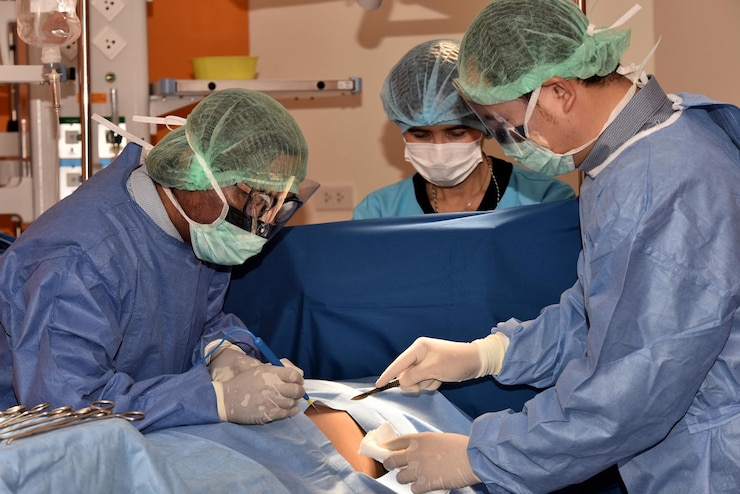When you’re injured on the job, a workers’ compensation claim can be your lifeline to recovery and financial stability. But many injured workers wonder—does undergoing surgery affect how much they receive in a settlement? It’s a valid question that deserves a closer look. The truth is, medical procedures, especially surgeries, often play a pivotal role in the value of a claim. Understanding how surgery fits into your workers’ comp case can help you make informed decisions and potentially maximize your compensation.
If you’re curious whether a medical procedure could impact your claim, explore does surgery increase workers’ comp settlement for an in-depth explanation.
How Workers’ Compensation Settlements Are Calculated
Workers’ compensation settlements are not random figures. They are calculated based on several factors, including:
- The severity of your injury
- Required medical treatments
- Future medical care needs
- Lost wages or reduced earning capacity
- Whether you can return to your previous job
Surgery often signals a more serious or complex injury, which typically translates into higher compensation due to increased medical costs and prolonged recovery time. Insurance companies recognize this and adjust their offers accordingly.

Why Surgery Often Leads to Higher Settlements
Surgery can significantly influence the total settlement in several key ways:
1. Proof of Serious Injury
Undergoing surgery provides concrete evidence that the injury was serious enough to require invasive treatment. This makes it harder for insurance companies to argue that the injury was minor or exaggerated.
2. Extended Recovery Time
Most surgeries come with significant recovery periods. The longer you are unable to work, the higher your lost wage compensation may be. This can dramatically increase your final payout.
3. Potential for Permanent Impairment
Some surgical procedures—such as those involving the spine, shoulders, or knees—can lead to lasting physical limitations. Permanent impairment ratings are often used in calculating the average workers’ comp settlement, and higher ratings usually result in larger settlements. Learn more about this factor here: average workers comp settlement.
4. Need for Future Medical Care
Post-surgery patients often require physical therapy, follow-up appointments, and sometimes even additional surgeries. If your case settles before these needs are met, the anticipated cost of future care is factored into your settlement amount.
The Importance of Medical Documentation
Your medical records are critical. Detailed surgical reports, follow-up care instructions, and documentation of limitations help establish the seriousness of your condition. It’s essential to maintain a strong paper trail and attend all follow-up appointments. This strengthens your claim and makes it easier to negotiate a fair settlement.
When to Settle: Timing Matters
It’s usually advisable to wait until you reach Maximum Medical Improvement (MMI) before agreeing to a settlement. This is the point at which your condition is stable, and no significant improvement is expected. Settling too early—before you know the full impact of surgery—could result in lower compensation than you deserve.
Consulting an experienced workers’ comp attorney before settling is a smart move. Legal professionals can help evaluate whether a surgery justifies a higher settlement and can negotiate on your behalf.
Final Thoughts
Surgery can absolutely impact your workers’ compensation settlement, for better or worse. It adds medical value to your claim, proves injury severity, and may influence lost wages and future care costs. However, every case is unique. Factors like the type of injury, recovery process, and timing of the settlement all play crucial roles.


